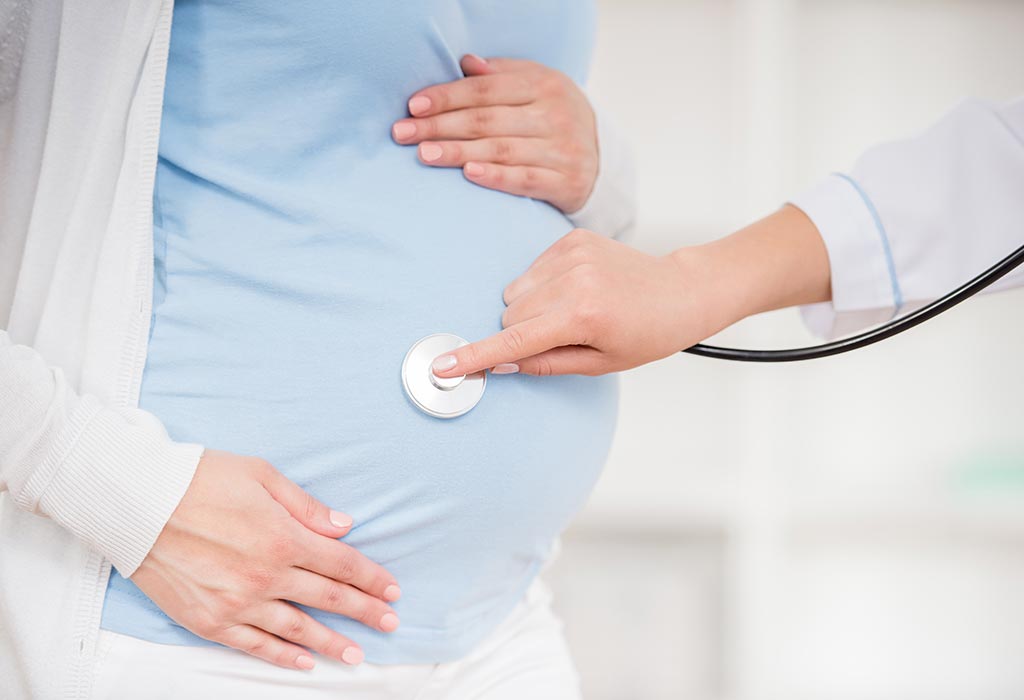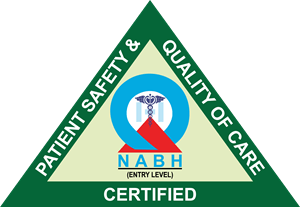Antenal care
Antenal care

Medicine as part of treatment
Your baby will be born through the birth canal during a natural vaginal delivery. Because it follows the body’s normal process, this is the most typical way to give birth. In actuality, 68 percent of women give birth naturally each year. Your baby’s likelihood of developing respiratory issues, asthma, food allergies, and lactose intolerance is decreased by vaginal delivery. Not that this birthing technique is risk-free. During the birthing process, the baby may sustain bodily harm. In certain rare instances, this might result in shattered bones, bruising, and swelling. If labor complications are not adequately addressed, they might result in further issues.
If you drank a few drinks before you realized you were pregnant (as many women do), don’t stress out too much over it. But your best option is to stop drinking alcohol for the remainder of your pregnancy.
Speak to your doctor if you are an alcoholic or believe you may have a drinking issue. To better understand the potential effects on your unborn child, they need to know how much alcohol you’ve consumed during your pregnancy and when. To stop drinking for the sake of both you and your unborn child, your doctor can also set you on the right path.
Yes. It would help if you aimed to avoid or restrict your exposure to foods more likely to be contaminated with germs or heavy metals. Those to avoid when pregnant include:
Unpasteurized milk, juices, and apple cider raw eggs or foods containing raw eggs, such as mousse, tiramisu, raw cookie dough, eggnog, homemade ice cream, and Caesar dressing raw or undercooked fish (sushi), shellfish, or meats. Soft, unpasteurized cheeses (often marketed as “fresh”), such as feta, goat, Brie, Camembert, blue-veined cheeses, and Mexican quest fresco. Processed meats like hot dogs and deli meats, such as pate and meat spreads (these should be very well cooked before eating)
When it’s crucial to consume a variety of healthful foods while pregnant, you also need to stay away from foodborne illnesses like listeriosis, toxoplasmosis, and salmonella, which are brought on by bacteria that can be found in particular foods. These illnesses may be fatal to an unborn child and increase the risk of miscarriage or birth abnormalities.

